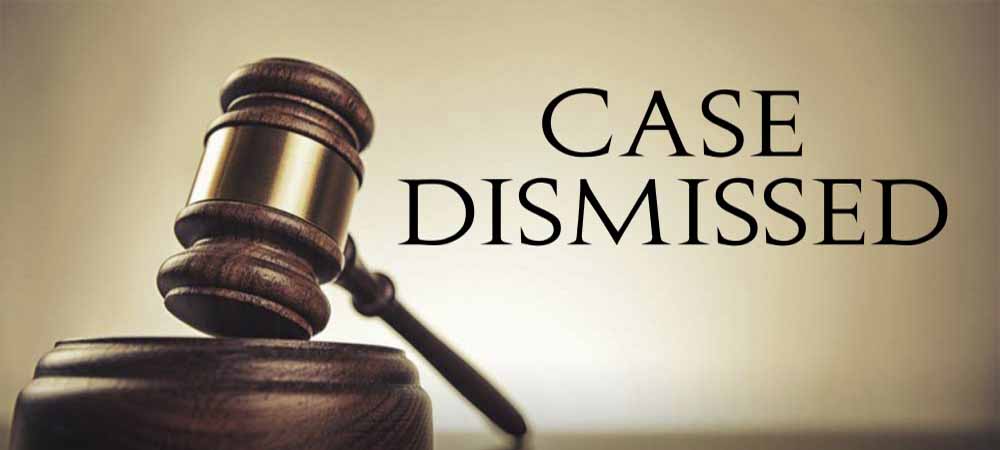- A lawsuit brought by pari-mutuel betting venues against Florida’s sports betting law has been dismissed.
- There are still other lawsuits that attempt to overturn Florida’s newly legalized sports betting industry.
- While the Oct. 15 deadline has passed, sports betting has not come to Florida yet, despite its legal status.
TALLAHASSEE, Fla. - Governor Ron DeSantis and the Seminole Tribe of Florida saw a run of good luck as a U.S. District judge threw out a lawsuit seeking to stop the implementation of online sports betting in the state.
The lawsuit was one of several that had been filed in attempts made by various parties to halt or hinder the rollout of Florida’s sports betting options, which will be handled by the Seminole Tribe specifically.
This lawsuit was brought about by the owners of pari-mutuel wagering venues in the state, and it, like most objections to Florida’s new gaming compact with the Seminoles, argued that the hub-and-spoke model of sports betting was breaking the law.
What Is The Hub-And-Spoke Model?
Hub-and-spoke refers to the framework underlying the gaming compact with the Seminole Tribe that will bring sports betting to all of Florida.
The concept is that the servers that operate online sports betting will be located on tribal land - this is the hub.
Then, anyone outside of tribal land can connect to those servers to place bets. These are the spokes.
The argument at issue, in this case, is whether or not allowing people to place bets off of tribal land is against the law in such a way that harmed pari-mutuel businesses or if DeSantis and the Seminole Tribe followed the letter of the law enough to make this work.
Why Was This Lawsuit Thrown Out?
This specific lawsuit was thrown out on its standing grounds. This means that the judge did not believe that the plaintiffs - the pari-mutuel wagering companies - demonstrated that they were harmed by the actions taken by the state, and thus were not able to sue.
“The pari-mutuels lack standing to sue the governor or the secretary because their actions are not fairly traceable to any alleged harm,” read a statement by U.S. District Judge Allen Winsor.
“In addition, the requested declaratory and injunctive relief would provide no legal or practical redress to the pari-mutuels’ injuries.”
One specific reason that standing was not found in this case appears to be that Business And Professional Regulations Secretary Julie Brown, one of those that was being sued, could not be held accountable for the actions of the Seminole Tribe.
While she does have general oversight authority for sports betting under the amended compact, she does not control the actions of the tribe, and thus cannot be said to have harmed the pari-mutuel wagering companies via those actions, which is a key component of the standing grounds within the case.
It is important to note that this is only one hurdle that the state has to cross. There are still other lawsuits out there, and even though the Oct. 15 legalization date for sports betting has come and gone, the Seminole Tribe has not opened any online sports betting options to the public or any retail options for that matter.
